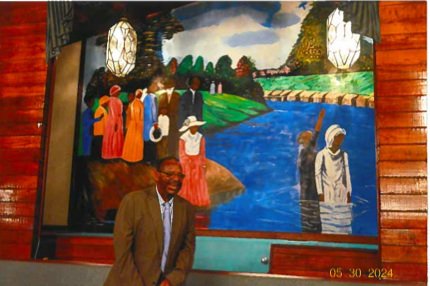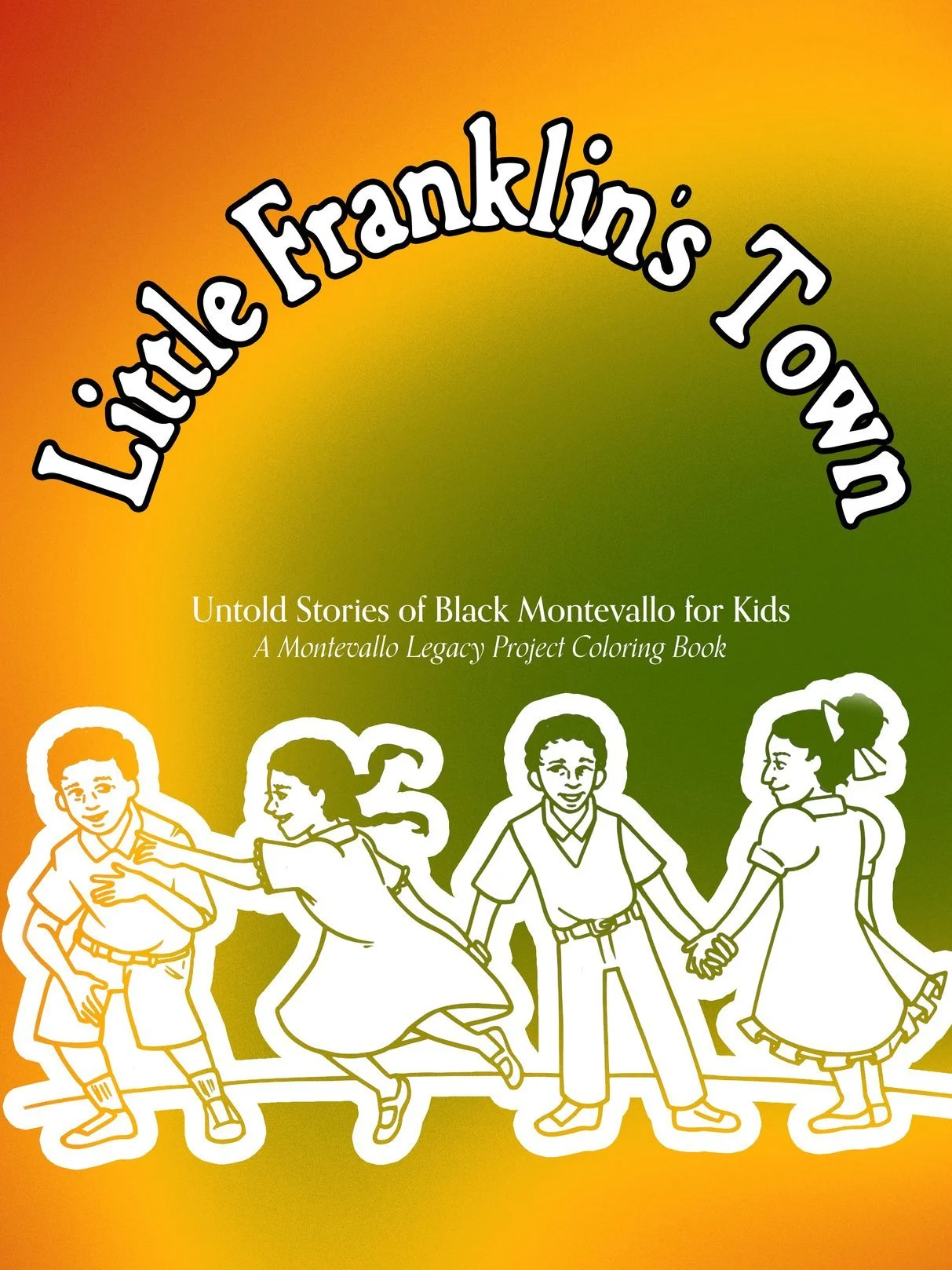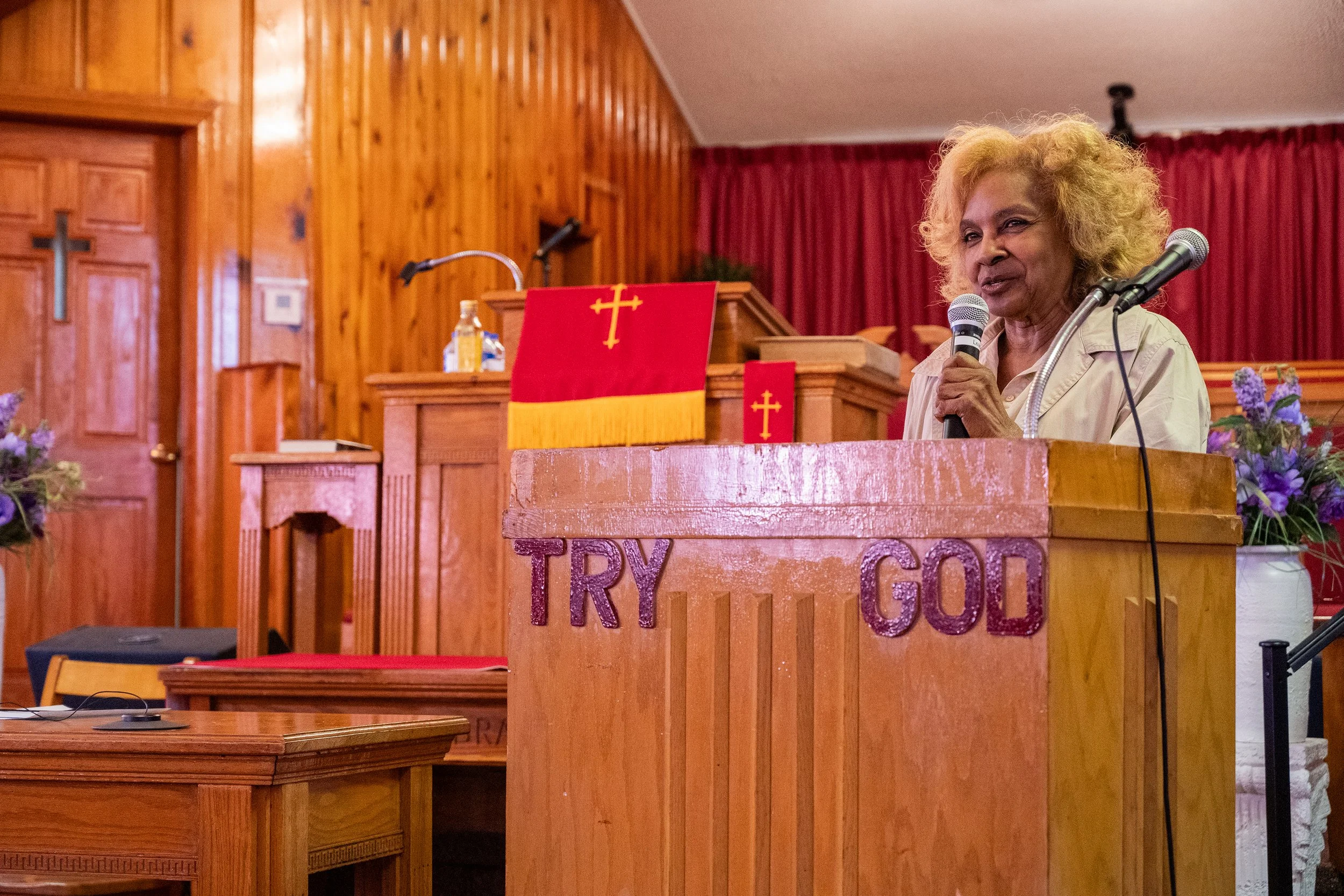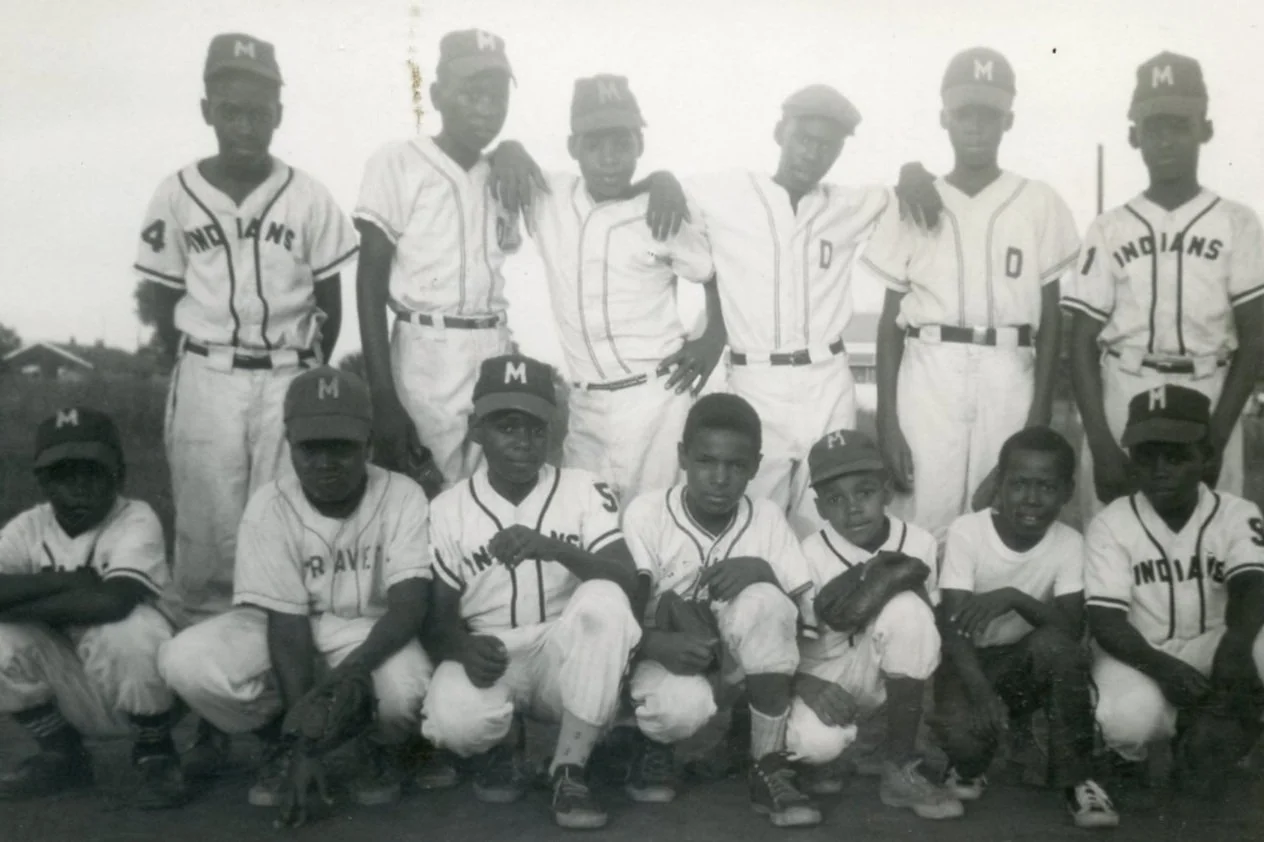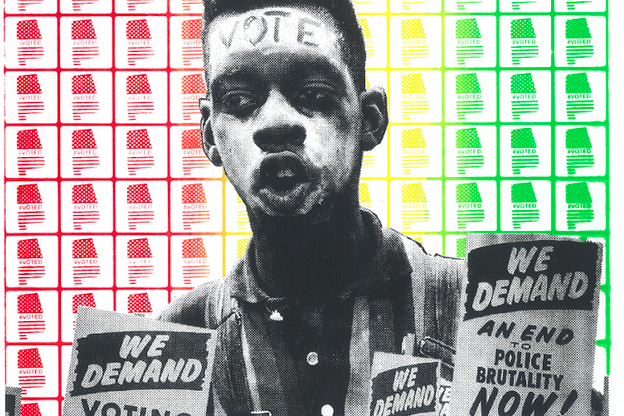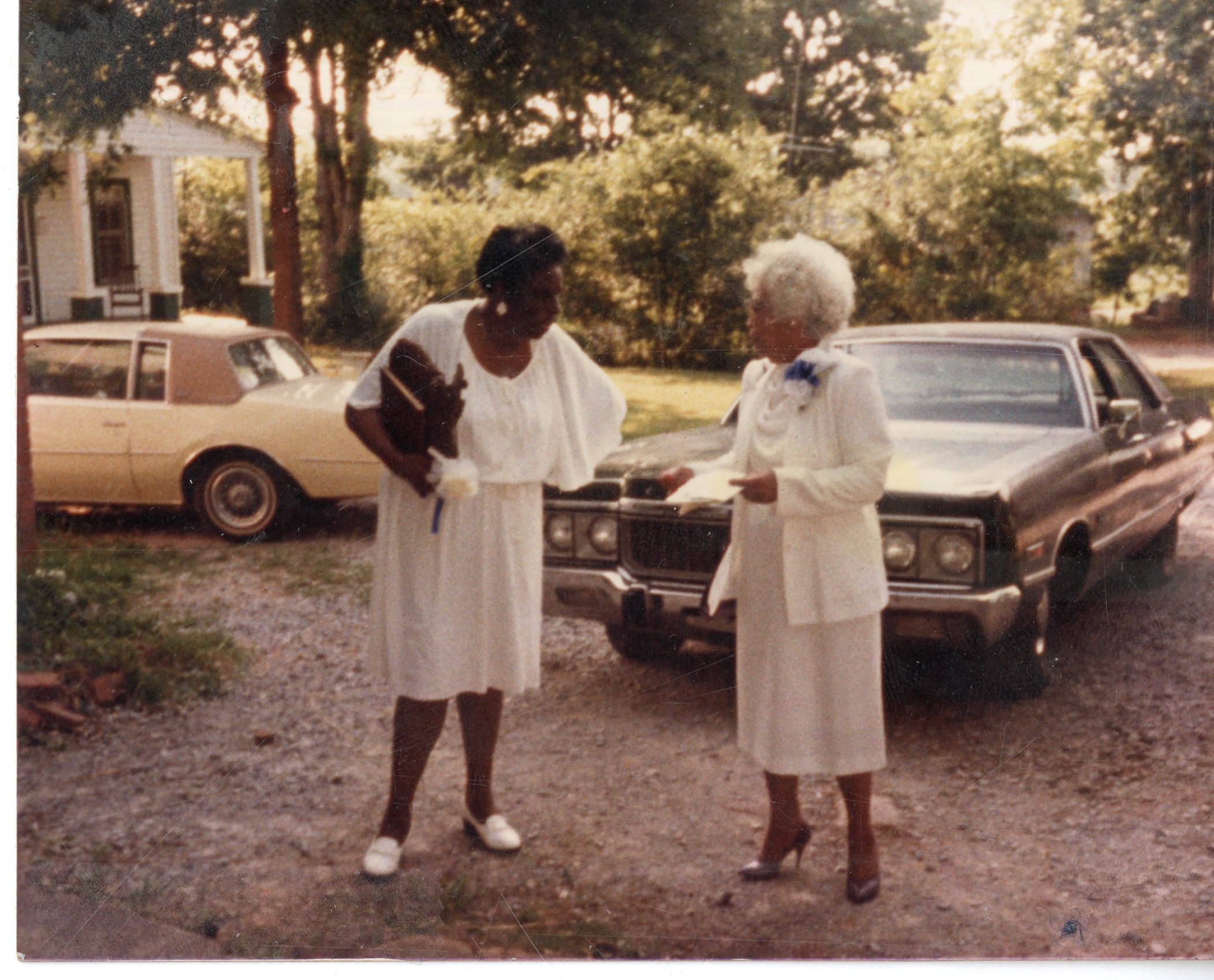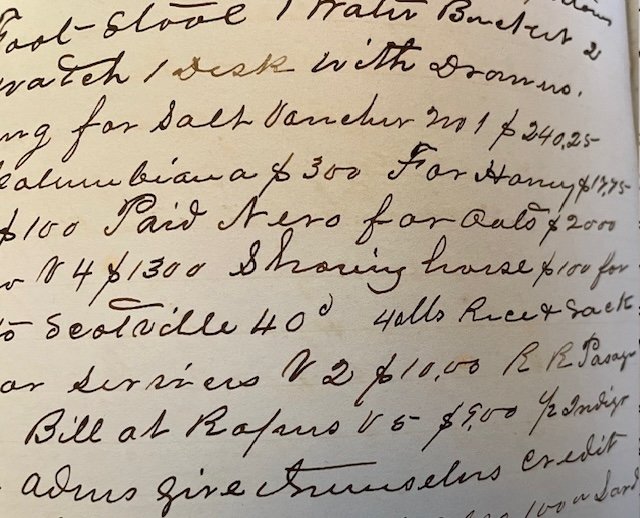Untold Stories of Black Montevallo
Originally featured in Montevallo's Chamber Chatter, our stories amplify the voices of African descendants in and around Montevallo. While some narratives recount darker moments, together they celebrate the dignity, pride, resourcefulness, kindness, and hospitality of the African American community. Read on to discover the untold stories that bring our town’s rich Black history to light.
Published monthly in Montevallo’s Chamber Chatter, we compile these stories annually in a booklet available at MLP-sponsored events. Each story is then archived on this webpage, enhanced by additional images, maps, and content.
You can access and download PDF’s of the yearly booklets below.
Little Franklin’s Town
A Montevallo Legacy Project coloring book
Little Franklin’s Town is a beautifully illustrated coloring book by Arabella Cortes that invites readers of all ages to explore Black Montevallo history through the eyes of a young boy named Little Franklin, inspired by lifelong resident Oscar Franklin Fluker. Rooted in the Untold Stories series, this book offers a creative, reflective way to engage with the past and imagine a more inclusive future. The coloring book is available to purchase at MLP sponsored events, and at Meri Moon Cafe in Montevallo.
Search through the stories!
Born to the Suburban League: The Legacy We Inherited – Part III
In this concluding piece of a three-part series, native son Dr. Elvin Thompson--author and historian--continues the story of how Montevallo’s Suburban League shaped his lifelong commitment to activism. Last month he wrote about his involvement as a teenager in Jesse Jackson’s 1984 presidential campaign, paying tribute to local men who mentored and guided him. This final instalment returns to the Jackson campaign and beyond, bringing to a beautiful close an arching meditation on the power of small acts
“We just wanted things to be fair”: The Montevallo Suburban League and the fight for equity in Alabama
In the 1970s, the Suburban League, a grassroots civil rights group in Montevallo, Alabama, led a fight for racial equity in workplaces and schools. Their successful push to place a Black woman, Sarah Lacey, on the cash register at a local grocery store challenged deep-seated discrimination and helped redefine Montevallo as an Alabama civil rights city. The League’s efforts sparked broader change across Shelby County. Their story shows how local organizing can lead to lasting impact and recognition.
Zilphey and Moses break for freedom
Runaway advertisements, so-called, can tell us a lot about the lives and experiences of persons who made the difficult decision to break for freedom. One newspaper ad tells a story in miniature of two freedomseekers whose journey north took them through Montevallo, Alabama or, as it was then called, "Wilson's Hill."
Clarence E. Harrell and the sandlot game: a family remembers
Clarence E. Harrell, a beloved local baseball legend, is remembered for his incredible pitching skills and brief professional career. Known for his remarkable talent on the field, he also stood out for his intelligence and passion for singing. Clarence's story captures the spirit of sandlot baseball in central Alabama and the profound impact he had on his community.
The Intrepid William E. Shortridge, Leader in the Civil Rights Movement in Birmingham
William Eugene Shortridge, one of the fearless Civil Rights leaders from Alabama and director of the Shortridge Funeral Home in Ensley, played a crucial role in the Black Freedom Movement in Birmingham. His efforts in organizing protests, including the Children's Crusade, and raising funds helped pave the way for the Civil Rights Act of 1964 and bring an end to segregation in the South.
Shiloh Missionary Baptist Church: Another Little-Told Tale of African American History in Alabama
The historic Shiloh Missionary Baptist Church on Selma Road, soon to be honored with a plaque from the Black Heritage Council, has been a cornerstone of our community since the 1890s. Known for its resilience and vibrant history, Shiloh played a key role in the Civil Rights era, hosting significant events and figures like Rev. A.D. King. Today, it stands as a testament to our rich heritage, featuring a stunning baptism mural by Deacon Ronnie McCary.
James Tolbert, beloved WBYE radio host: A daughter remembers
If it's facts you want, they're in the obituary. James Tolbert passed away, age 75, in January 2014. He was a member of The Harvest Place Christian Church, Columbiana, a member of the Deacon's Ministry, a US Army Veteran, a lab technician at Blue Circle Cement Company, Calera.
Today he is widely remembered and still beloved as Brother J. T., for forty-two years the voice of the central Alabama Black community at WBYE 1370 AM broadcasting from its Calera studio on Highway 25.





